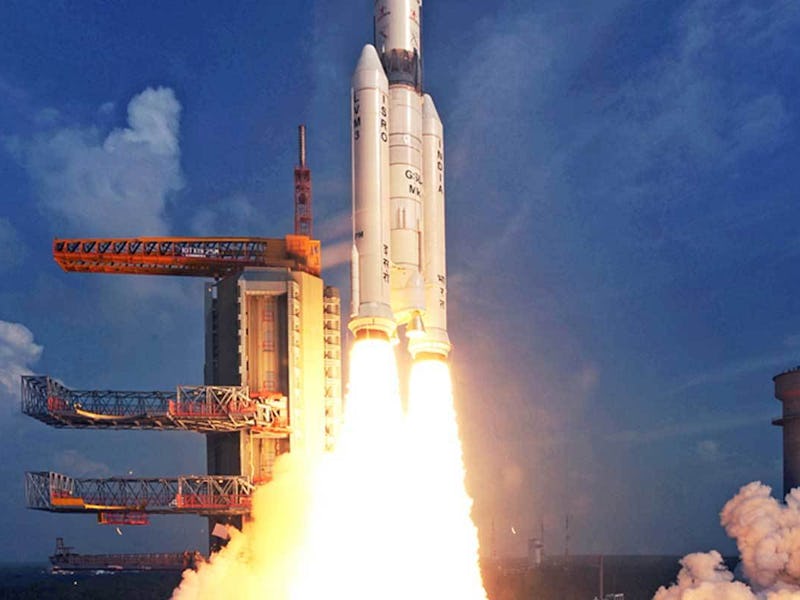There’s a new space race we should pay attention that has nothing to do with old powers like the United States or Russia, or up-and-coming hotshot companies like SpaceX and Blue Origin. The Indian Space Research Organisation (ISRO), the state space agency for India, is planning to launch a 104 satellites into space using a single rocket launch on Wednesday. If successful, the mission would not only beat the record for number of satellites fired in a single launch (37, set by Russia in 2014), but also secure India’s status as an emerging authority in future space travel and exploration.
The country of over a billion in population has not really had many technological feats to attach to its name, but it has been making serious strides towards developing a robust yet cost-effective space program it can be proud of.
Wednesday’s launch would pivot India as a direct rival to other Asian space powerhouses, such as China and Japan. “I’ve long said that the real race is in Asia,” Joan Johnson-Freese, a professor and space specialist at the U.S. Naval War College, told CNN. “Recognition of the multifaceted benefits from space exploration and space technology dates back to the Apollo program. Asian countries have been following that model and seeking those benefits ever since.”
The main difference between India and nearly every other country with a state-run space program is the fact that India is trying to do everything for cheap. It’s first Mars probe cost just $74 million to build and launch. A brand-new 22-foot “mini” shuttle launched last year cost just $14 million in investment from the government.
The ability to send hundreds of satellites at once into orbit could turn India into a top choice for companies around the world looking to get their instruments out into space. Wednesday’s payload includes three Indian satellites and 101 foreign satellites from six different countries, including the U.S., Kazakhstan, Israel, Netherlands, Switzerland and the UAE.
Nevertheless, while low costs are attractive to customers, they prevent India from taking part in much more audacious projects. Don’t expect ISRO to start launching sophisticated robotics to other worlds or send people into orbit any time soon (though crewed spaceflight](http://www.isro.gov.in/update/23-may-2016/india’s-reusable-launch-vehicle-technology-demonstrator-rlv-td-successfully) is certainly a long-term goal).
